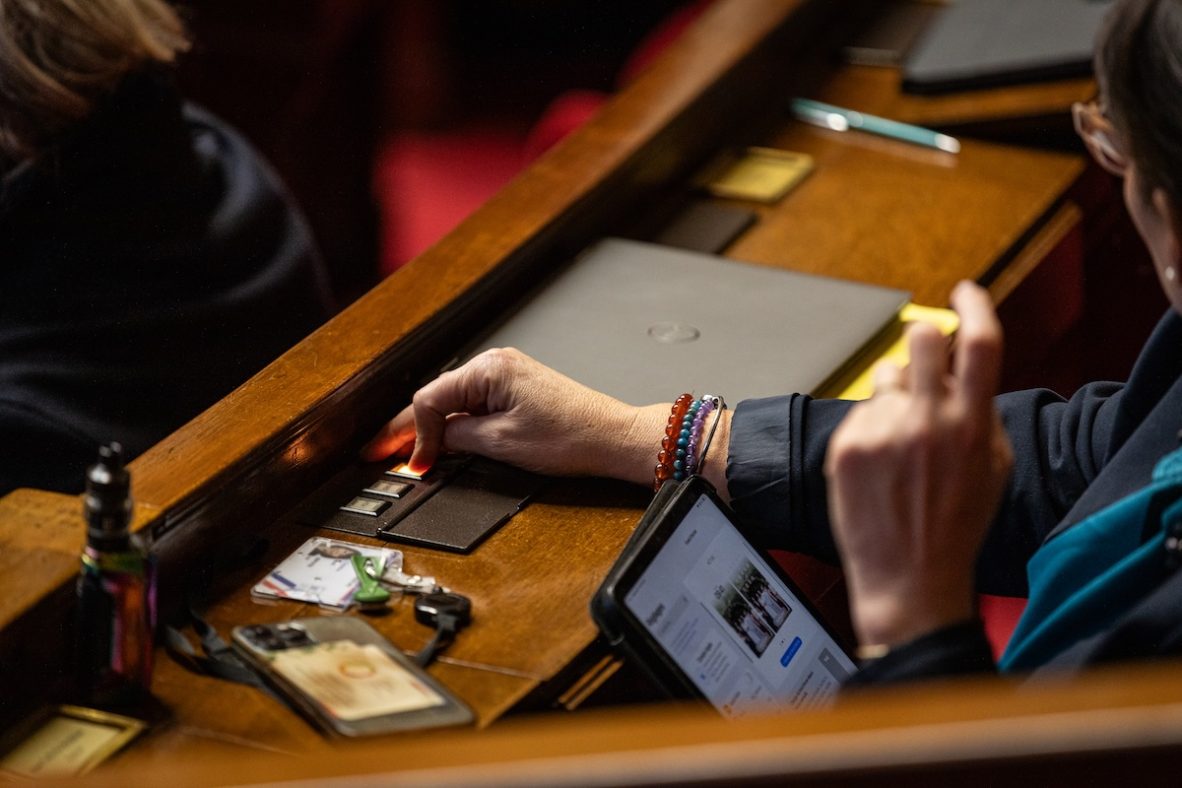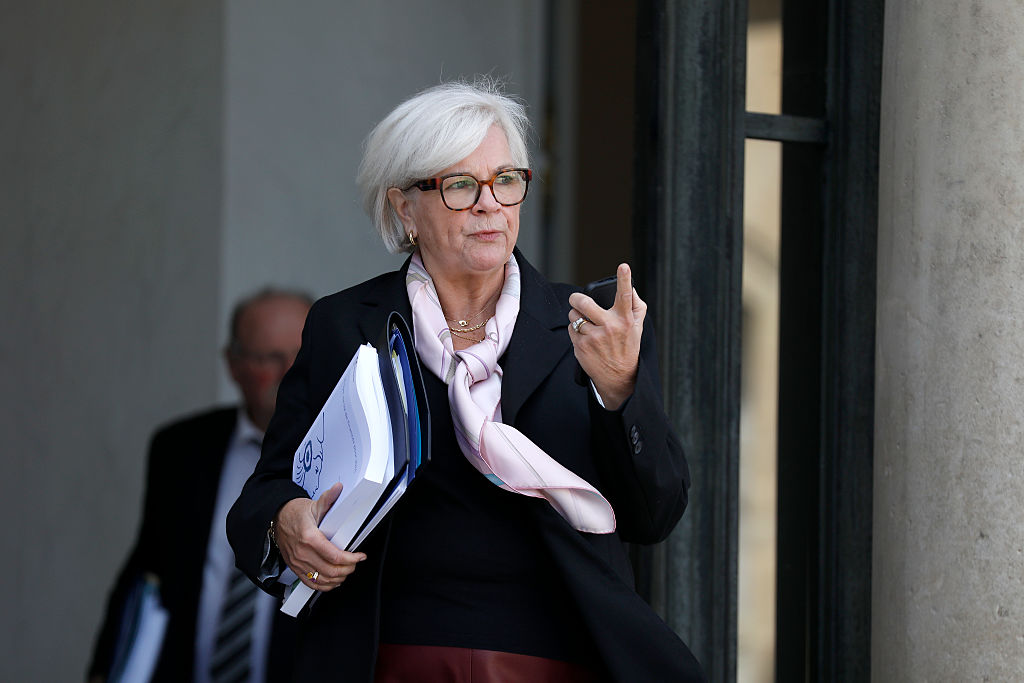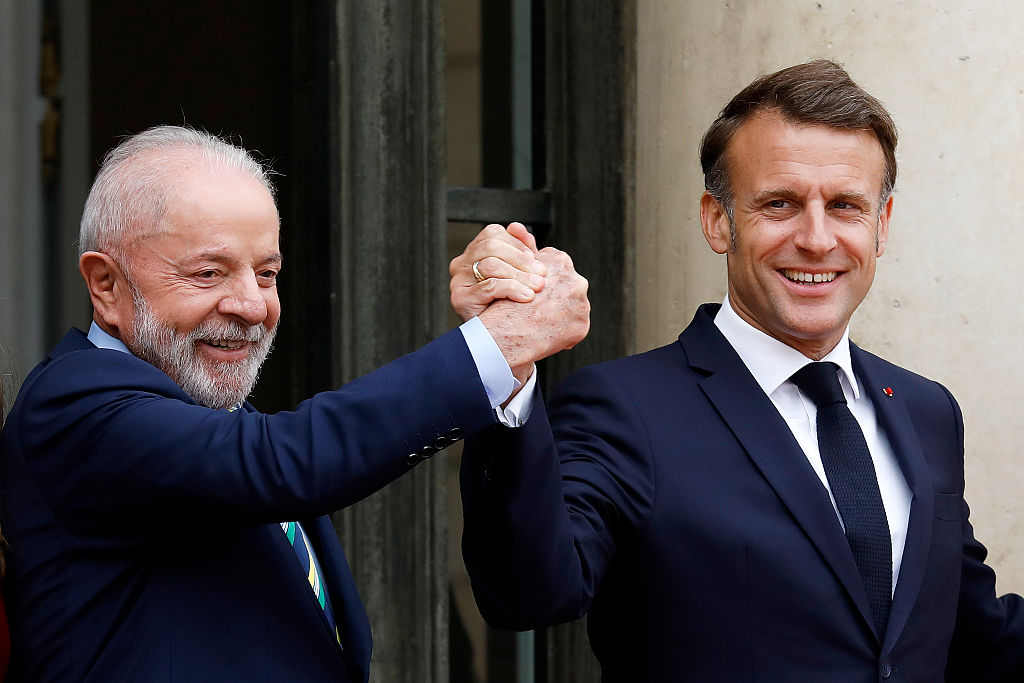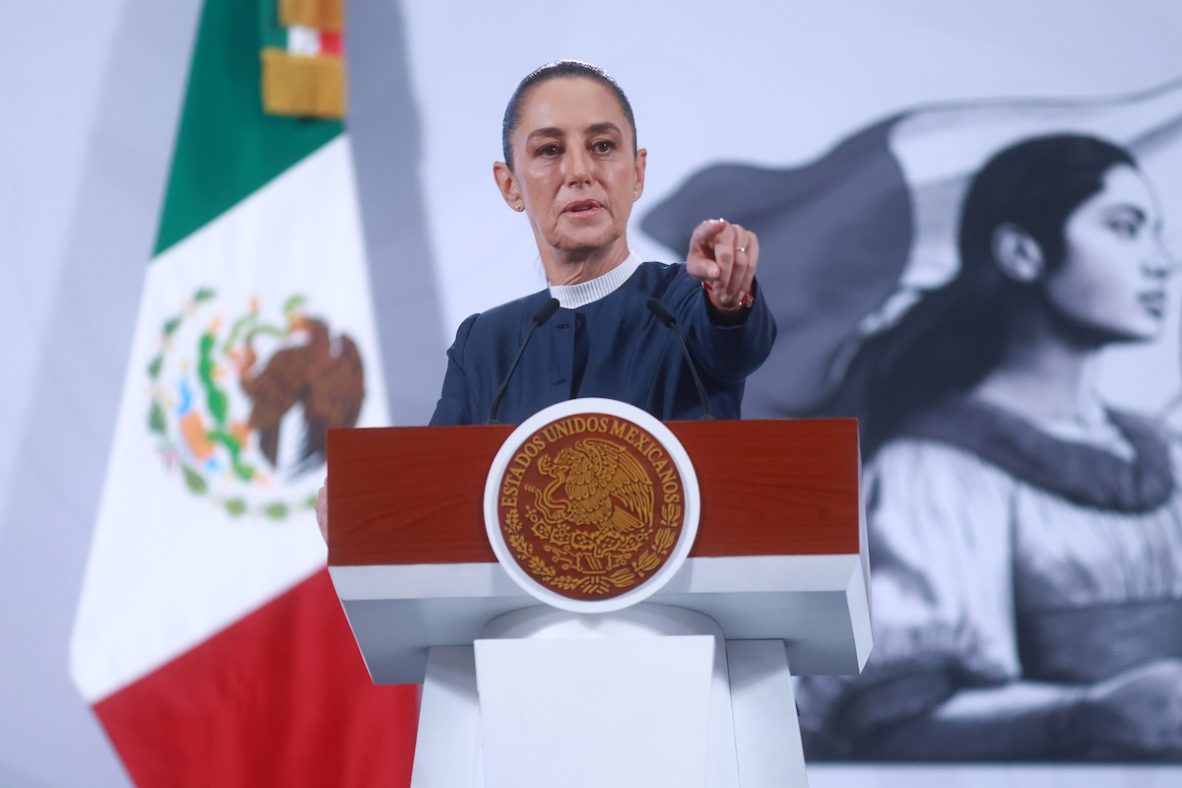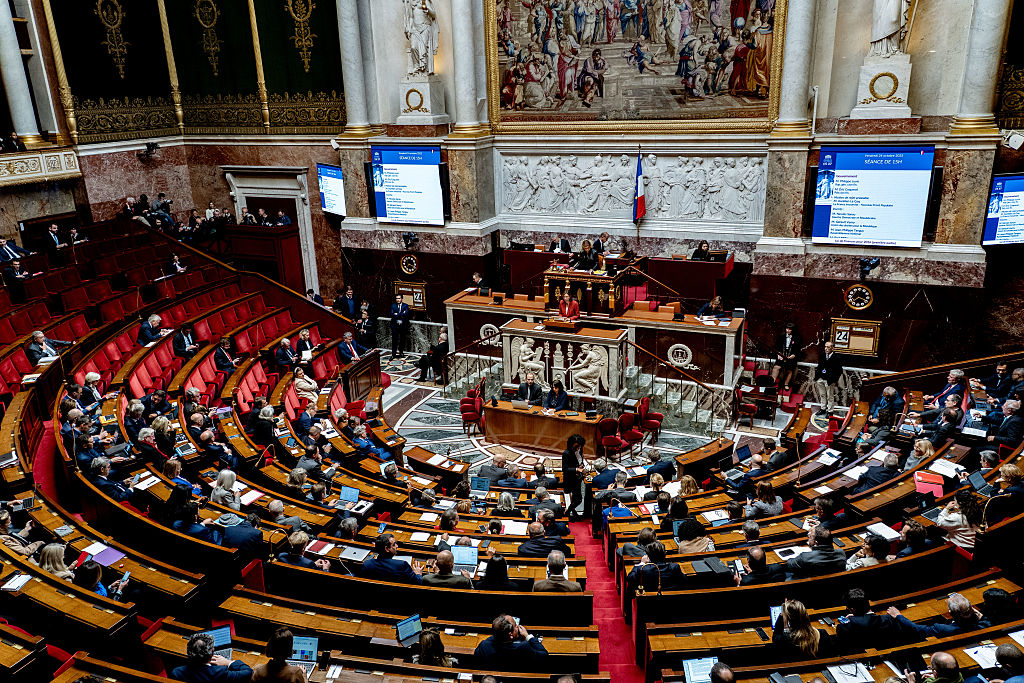Lecornu moves to reassure socialists with pension reform freeze
The embattled prime minister will submit a rarely-used amending letter to alter key legislation
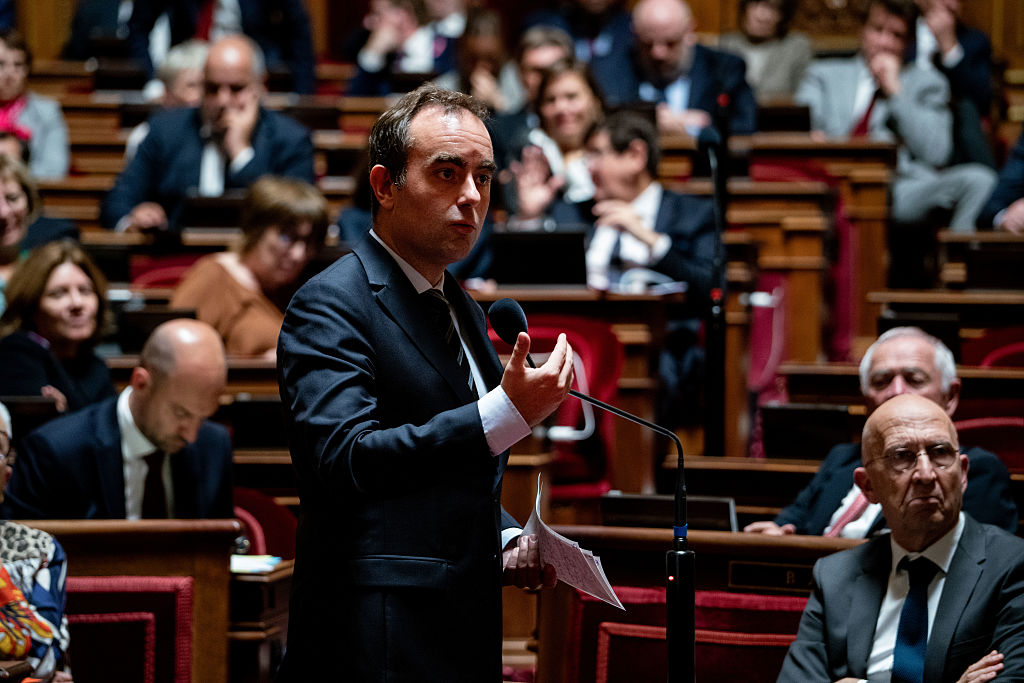
PARIS – In a bid to win over socialist MPs and avoid a censure motion, France’s Prime Minister Sébastien Lecornu announced that he will seek to suspend the government’s controversial pension reform until after the 2027 presidential election.
French lawmakers will begin debating the 2026 Social Security Finance Bill (PLFSS) in the coming days, and Lecornu is aiming to include the pension reform freeze directly in the bill’s text.
The move offers a key concession to the 69 Socialist deputies, who have made the repeal of a 2023 law raising the retirement age from 62 to 64 a condition for keeping the government in office.
The embattled head of government will formalise the suspension by submitting an “amending letter” to the 2026 Social Security Finance Bill on Thursday. The council of ministers will then need to approve the letter at an extraordinary meeting that same day.
The rarely-used amending letter allows ministers to alter a bill before it is even debated in parliament, a potentially decisive manoeuvre at a time when the French parliament is deeply divided.
Under the French Constitution, parliament has 50 days to examine the PLFSS. However, the debate over France’s budget could drag on longer, as Lecornu has ruled out invoking Article 49.3, a controversial constitutional mechanism that allows a bill to pass without a vote.
If lawmakers cannot agree before the 50-day deadline, the government could adopt an unamended version of the budget by ordinance. By including the pension reform freeze directly in the initial text, Lecornu aims to ensure the measure takes effect regardless of how the legislation passes.
The amending letter option has gained unlikely support from both Jean-Luc Mélenchon, the far-left France Unbowed (LFI) leader, and Marine Le Pen of the far-right National Rally (RN). Both parties had, just a week earlier, tabled separate no-confidence motions in an effort to bring down the government.
President Emmanuel Macron, however, remains reluctant to backtrack on one of the defining policies of his second term. Speaking in Slovenia on Tuesday, he described the 2023 reform as “necessary for the country,” insisting it would be “neither repealed nor suspended, only delayed.”
His comments triggered an angry response from the Socialist Party. “No one listens to Macron anymore,” socialist MEP Pierre Jouvet said on Wednesday evening.
Government spokesperson Maud Bregeon sought to calm tensions, promising there would be “no trickery” and that the pension reform “will indeed be suspended.”
In his first address to the French parliament, Lecornu warned that freezing the reform could cost €400 million in 2026 and €1.8 billion the following year, meaning compensatory savings would have to be found elsewhere.
The draft budget unveiled last week already foresees a €30 billion fiscal adjustment – including €17 billion in spending cuts and €13 billion in new revenue – to contain the public deficit below 5%. That would be only a 0.4% decrease from the deficit projected in 2025.
(cm, mm)




